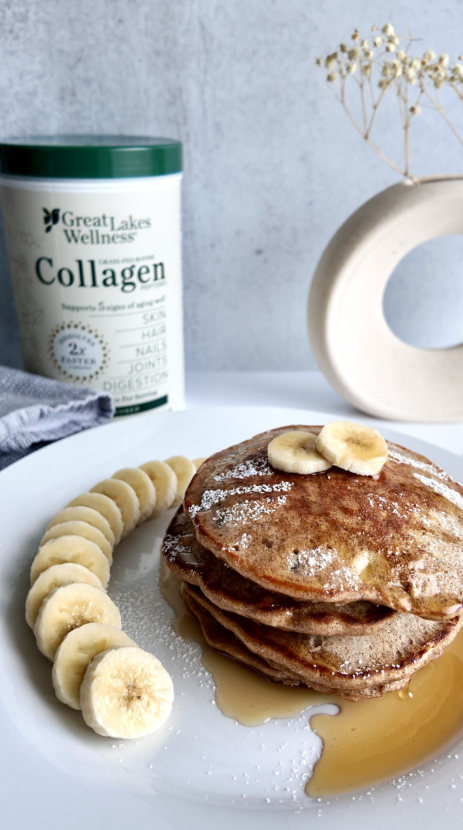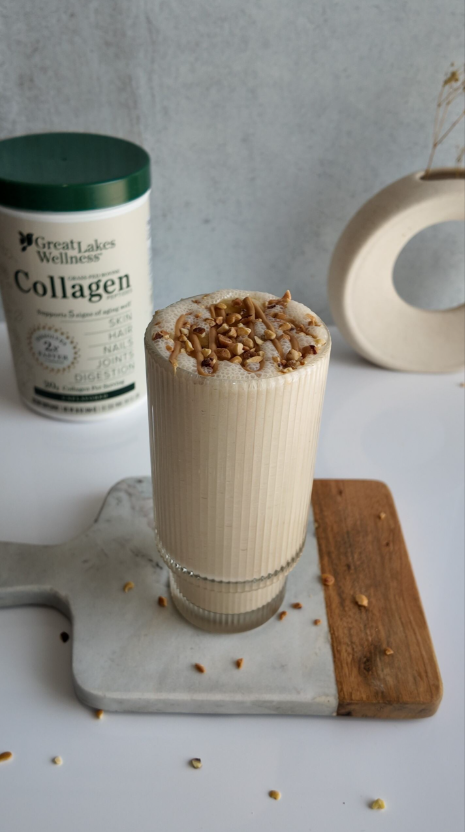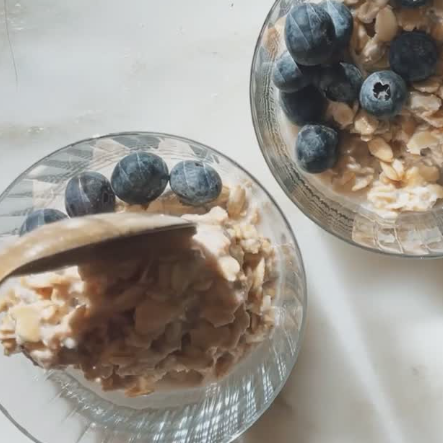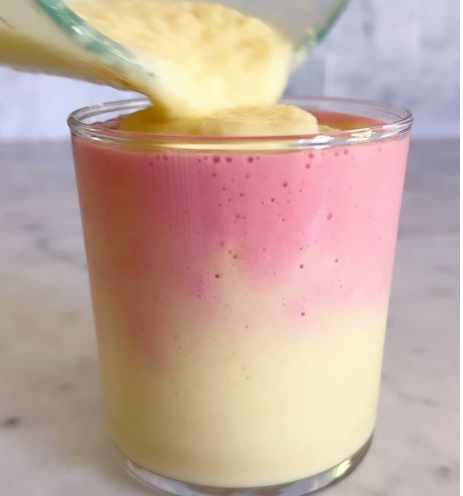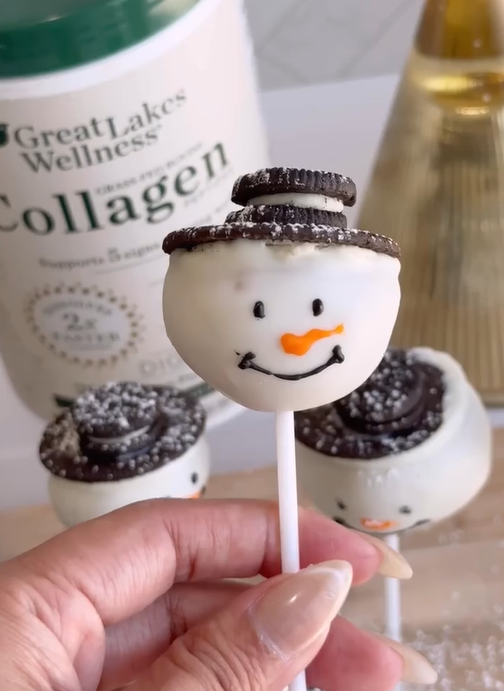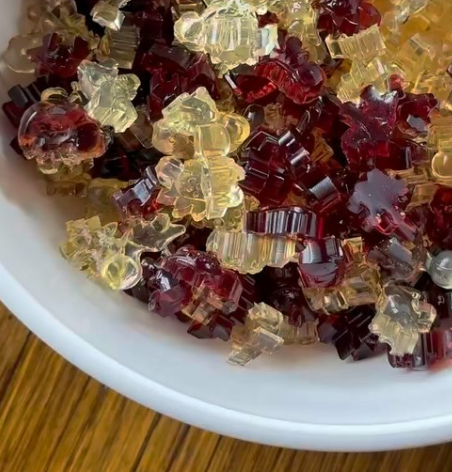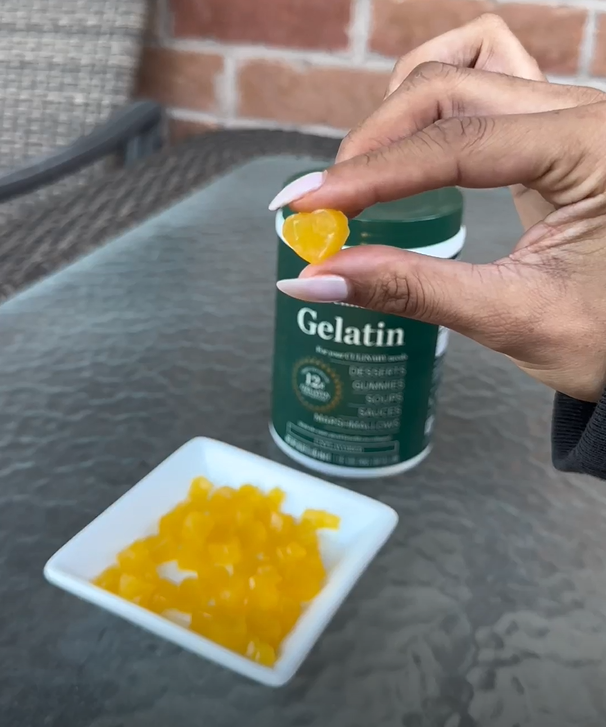Ahh, when I think back to my fondest childhood memories, almost all of them take place in the summer and at a pool. And honestly, a day at the pool is still one of my favorite things to do in the summer, and the fact that my brain associates the smell of chlorine with happier and simpler times is just an added bonus. Unfortunately, chlorine can be a bit harsh on the skin and hair - something I never thought about as a child because, well, you know...having fun was more important.

Before we go into the ways to treat damaged hair, let’s talk about what chlorine actually is and why it may be causing damage in the first place. Chlorine is a chemical element that is commonly used as a disinfectant in a wide range of products including products used to treat swimming pool water. So it makes sense why our hair is left feeling dry and brittle after being in the pool all summer; we’ve essentially been soaking our hair in an antibacterial chemical...yikes! Sounds worse when you think about it like that, right? But don’t worry, there are ways to enjoy the summer without sacrificing our pool days or our hair health. Keep in mind that there is no way to completely prevent damage from chlorine, especially if you love to swim, but there are definitely small steps that we can take to prevent or treat damaged hair. The water’s warm, let’s jump right in!
Wet your hair
Seems simple enough, right? Your hair soaks up liquid pretty fast so one thing you can do before heading in is to wet your hair. Think of your hair as a sponge and when dry, the sponge will soak up the first liquid to touch it and we want that to be regular ol’ water. The thought process behind this “summer hair hack,” is that if you soak your hair in water first, it might prevent some of the salts or chemicals from being absorbed into your hair.

Cap those locks
I know what you are thinking and yes I know that swim caps are not the cutest item that you want to be seen wearing on a pool day, but keeping your hair covered can add an extra layer in preventing chlorine damage. So if you are comfortable wearing a swim cap, I highly recommend it. Swim caps not really your thing? No worries, there are plenty of other ways to prevent and/or treat chlorine-damaged hair.
A little oil goes a long way
This tip can actually be used to prevent and treat your hair from chlorine damage. When it comes to prevention, applying a small amount of oil - coconut oil, avocado oil or any carrier oil like argan - onto your rinsed hair before entering the water can help repel the water and reduce chlorine absorption. If you are looking to treat hair that has already been exposed to chlorine damage, an oil treatment can help nourish dry or brittle hair.

Clearing the (h)air
If chlorine has already damaged your hair, chances are that you might also have some chemical build-up long after you’ve dried off. A hair clarifier or clarifying treatment can help to remove any unwanted chemicals from causing more damage. Hair clarifying treatments can usually be found online or in your local drugstore, but if you prefer a DIY method, try using a diluted amount of apple cider vinegar to rinse away any chlorine buildup.
Rinse and repeat
If you want to prevent chlorine and other contaminants from sitting in your hair, an immediate rinse can help to wash away the chlorine. The best-case scenario would be for you to wash immediately, but obviously, this isn’t always a priority when you’re just trying to enjoy your pool day. So if you aren’t able to do a full wash, simply rinse your hair and get back to enjoying your poolside drinks and snacks!
Deep Condition
Deep conditioning your hair is a great way to nourish, repair, and hydrate damaged hair. One of the reasons why chlorine is so harsh on hair is because it actually strips the sebum, hair's natural oils, right out of your hair. So what better way to start repairing chlorine damage than to add some much-needed moisture back to your strands. Deep conditioning should be separate from your regular wash/condition routine and can be repeated on a weekly or as-needed basis. Look for hair masks or deep conditioning treatments that nourish dry, damaged hair.
Whether you keep your head above water or follow any of the tips from this guide, your hair will thank you for it and you will notice a difference. Remember that healthy hair never goes out of style and if you want added support for strong hair,* be sure to include Collagen Hydrolysate in your daily routine!


